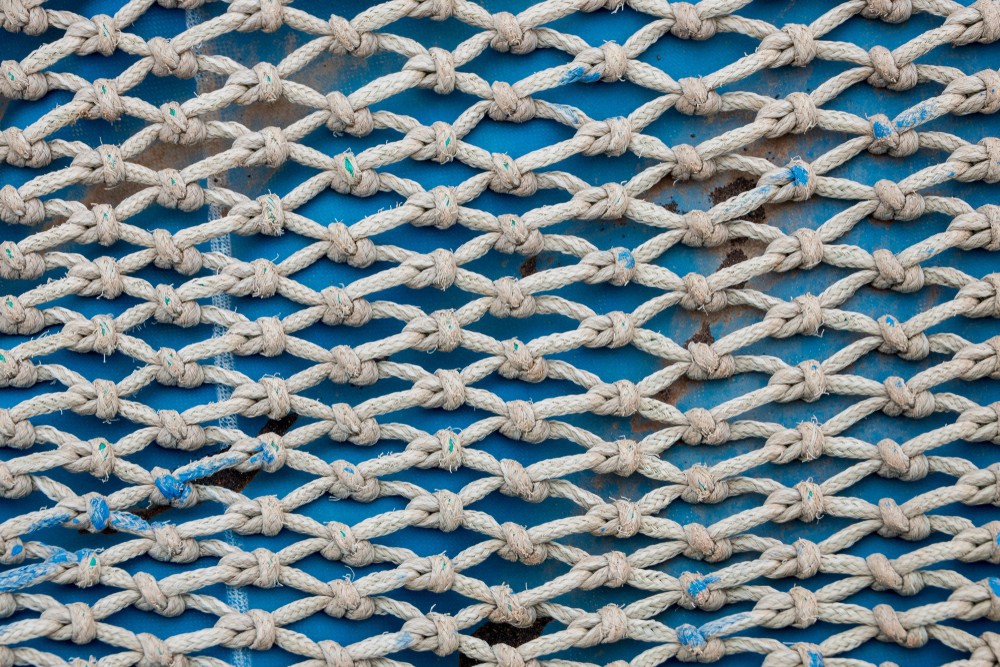The question of mental health training and of wellness of seafarers has become quite the topic of discussion lately. Let’s try to understand what seafarers want and need to enjoy their life at sea, and how things can be improved.
WHAT IS WELLNESS?The concept of ‘wellness’ at sea is all the rage. Ashore the industry surrounding it is worth billions, and slowly the concepts, tools and training associated with wellness are starting to be felt at sea.
Let’s first of all ask what is wellness? The World Health Organization (WHO) states that wellness is “…a state of complete physical, mental, and social well-being, and not merely the absence of disease or infirmity.”
This seems to be rather optimistic for seafarers, as complete well-being does seem hard to envisage with the realities of living and working at sea. Other definitions and explanations place wellness as a form of active process, a way of a person becoming aware of and making choices toward a healthy and fulfilling life.
This is perhaps where the first problems start to become evident. Unfortunately, seafarers do not have the opportunity to make sufficient choices, above a certain level, to ensure their wellness or to safeguard their mental health. The realistic demands of life at sea and the structures in place can make “complete” wellness seem some way off.
GREAT IDEAS“…fixing the wrong side of the equation…”
The challenge to ensure that seafarers are “well” is a positive and worthy one. There are concerns though, that imposing mandatory training, and to enforce awareness and responsibility for making the right choices on seafarers is to overlook the difficulties which are already barriers to progress.
There are some in the industry who have concerns that the current wellness debate is seemingly looking at fixing the wrong side of the equation. Instead of making seafarers better able to deal with negatives at sea, then we should perhaps be working harder to remove the bad things.
Of course, education is important, so too is awareness. Seafarers areaware of when things are not as they should be. It seems that the mechanisms for them to get positive actions and results are lacking.
Maintaining an optimal level of wellness is a great idea. Wellness matters and every emotion a seafarer feels relates to the actions they take and the emotions they feel. So, we do need to ensure that seafarers are supported, and their issues recognised and dealt with.
REAL LIFE PROBLEMSAccording to industry research and projects such as the Seafarers Happiness Index, it is a sad fact that many seafarers are stressed, frustrated, poorly fed, and they feel too tired to work to their potential, let alone exercise.
They are lonely, they feel isolated and the social life of a seafarer has been eroded dramatically. While shoreleave has become a thing of the past, many seafarers simply now emotionally limp through their contracts until they can get home.
Overworked and overtired.
There are many who believe the problems stem from the fact that there is simply no slack onboard. With reduced manning levels, seafarers are working to their maximum every watch, every day, every week and every month.
Seafarers should live in as high a state of physical, mental, and social well-being as possible. However, it could be argued you can never have a complete state of physical, mental and social wellness on a ship. That is not what life at sea is like.
WHAT NOW?So, what do we do? Experts believe that the industry needs to really get to know what it is to be at sea today. We need to ask the questions that allow the industry to see the real picture.
We need to have wellness as the goal, but need to bring all parties together to see who needs to do what, how we can achieve better physical conditions for seafarers, who needs to act to make sure seafarers feel mentally ok, and how we rekindle some form of social life on ships.
The International Seafarers Welfare Assistance Network (ISWAN) has been working to promote the idea of mental health and wellbeing for crews, and they have excellent advice and guidance for those at sea, and also ashore.
One of their key messages is that seafarers should try to break away from negativity. Doing enjoyable activities, building a sense of achievement and purpose, and getting quality rest, food and exercise. These are not always easy to achieve at sea, but they are the foundations for wellbeing.
TIPS FOR BETTER MENTAL HEALTHIt is important to remember that everyone on board has a responsibility to everyone else. It is important to recognise the signs of stress and anxiety in yourself and others – spotting the typical signs like people slowing down, getting irritable, or disengaging.
There are a whole host of steps which can be taken on board, and much of the focus of the current guidance is on that aspect. According to ISWAN, the key steps to encourage seafarers to act to improve their own mental health and wellbeing at sea would be to do the following:
Making a community at sea.
1) Do more of what makes you happy
2) Keep learning new skills
3) Connect with people
4) Give to others
5) Be physically active
Source: crewtoo.com








Comments (0)